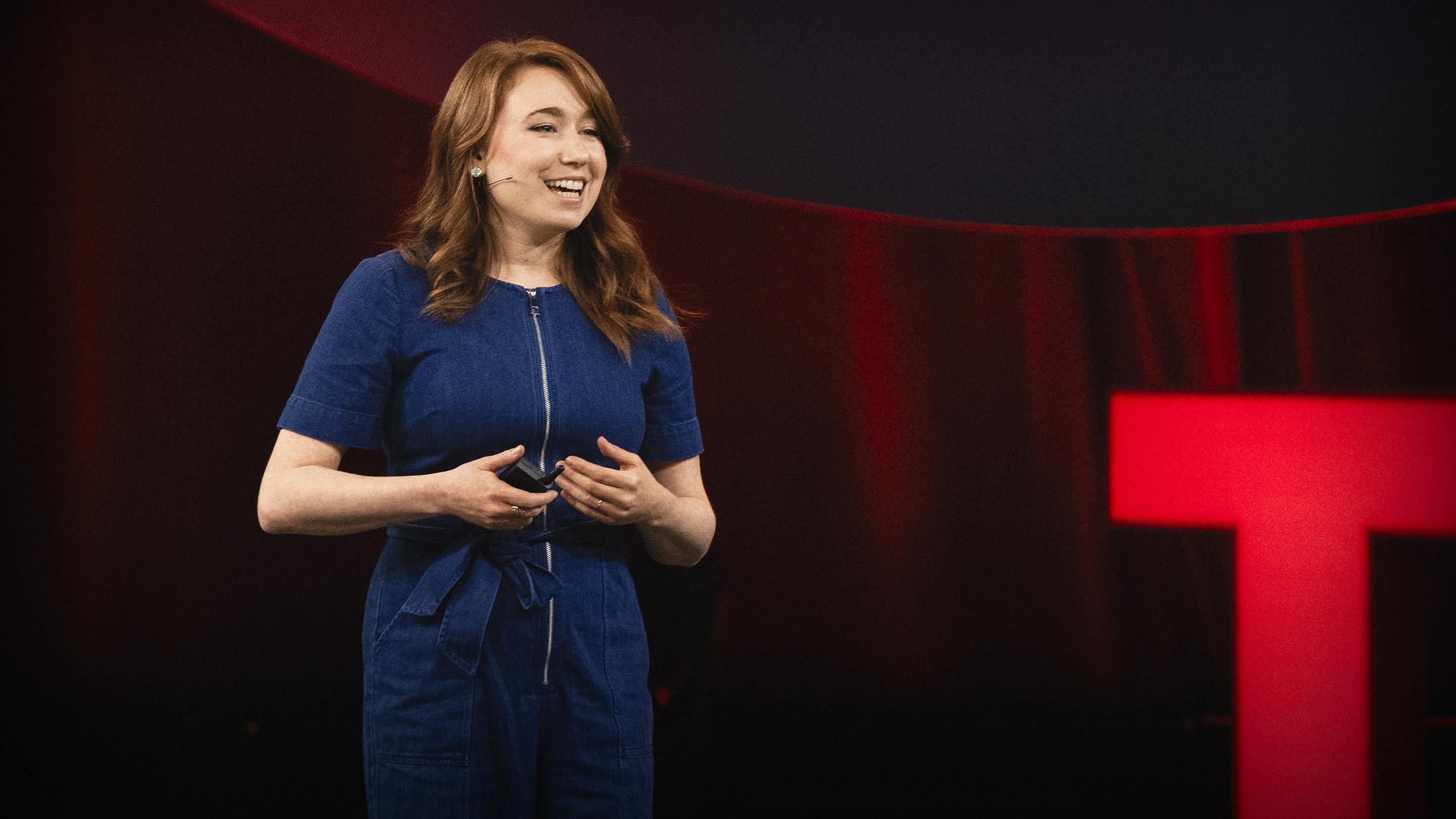
Why friendship can be just as meaningful as romantic love | Rhaina Cohen

TED Talks Daily
Deep Dive
Why might friendship be just as meaningful as romantic love?
Friendship can provide care, companionship, and emotional support, fulfilling basic human needs similar to those met in romantic relationships. It can also be central to one's life, sustaining individuals through unpredictable circumstances.
How do societal norms and policies impact the recognition of friendship as a significant relationship?
Society often marginalizes friendship, treating it as secondary to romantic relationships. This is reflected in policies that do not recognize the importance of friendships, such as not granting family medical leave or bereavement leave to friends who provide care and support.
What historical examples show that friendship has been central to human relationships in the past?
In ancient Rome, friends were described as 'half of my soul,' similar to how we describe romantic partners today. In various cultures, there were practices like sworn brotherhood, where friends would undergo rituals to become brothers, and friends would sit for portraits with intimate physical closeness.
How can recognizing the potential of friendship change our perspective on significant relationships?
By acknowledging that friendship can be as significant as romantic love, we can imagine more ways to find love, care, and companionship. This can lead to a more inclusive understanding of relationships, allowing people to build lives with friends and family, not just romantic partners.
What are some modern examples of deep friendships that challenge traditional relationship norms?
Examples include platonic co-parents, friends who support each other through addiction recovery, and friends who provide care during serious illnesses. These relationships often occupy the same space as romantic partnerships, demonstrating the depth and importance of friendship.
- Rhaina Cohen challenges the centrality of romantic relationships in our lives.
- Her talk envisions a future where friendship can be at the core of our lives.
Shownotes Transcript
We tend to consider romantic partners and family ties to be our most important relationships, but deep friendships can be just as meaningful. In a perspective-shifting talk, author Rhaina Cohen introduces us to the people unsettling norms by choosing a friend as a life partner — and shows why we're all better off recognizing there's more than one kind of significant other.